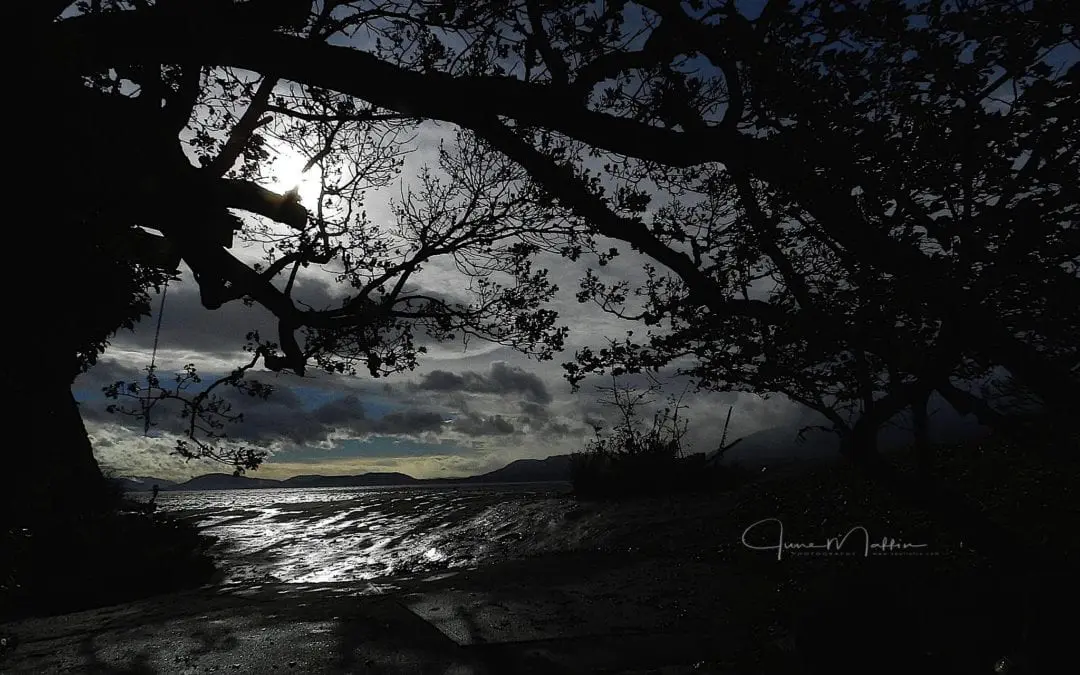It’s not something I experience very often.
When I do, I try to work with it and not let it capture my mind, my soul, my body because … when it isn’t dealt with … when I’m not willing to let it go .. when it escalates – relationships suffer, people can be physically and emotionally abused, political unrest can happen, wars can erupt.
What is “it”? “It” is anger.
Anger can be a brief feeling.
Anger can stay for weeks or months or years.
Anger can be generational.
Anger can arise for a variety of reasons — systemic racism … betrayal … corruption … abuse … injustice … illness … death … financial instability … and so much more. We have all experienced the emotion of anger at some time and will experience it in the future. Anger is a natural response to pain of some kind (be that physical or emotional). It’s a human response as this little tale recounts.
“You have no right teaching others,” shouted the very angry young man to the Buddha. “You are nothing but a fake!”
The followers of Buddha tried to overpower the man, but the Buddha stopped them and said, “It is not always necessary to counter anger by anger” Then he turned to the young man and with a smile, asked, “Tell me, if you buy a gift for someone, and that person does not take it, to whom does the gift belong?”
The young man was surprised to be asked such a strange question and answered, “It would belong to me, because I bought the gift.”
The Buddha smiled and said, “That is correct. And it is exactly the same with your anger. If you become angry with me and I do not feel insulted, then the anger falls back on you. You are then the only one who becomes unhappy, not me. All you have done is hurt yourself.”
When the Buddha continued, “No matter what the situation is, if you fully surrender yourself to anger, the anger will always take your life away from you,” the young man understood.
The issue isn’t the anger. The issue is what we do with it.
Do we experience it? Do we bury it? Do we let it fester? Grow?
Do we let it motivate us into action that would bring about positive change?
Over the years, I have learned to ‘name’ my anger – admit its presence. I’ve not ignored it. I’ve worked at it. And ‘worked’ is descriptive, because I find that dealing with anger is ‘work’ because it takes focus … energy … intention … time.
I choose to work at dealing with anger when I feel angry so that it doesn’t possess me – so that it doesn’t take over my life – so that it doesn’t lead me to decisions I otherwise would not have made – and so that I can be motivated into action that would bring about positive change in some small way.
Simply acknowledging the anger in and of itself is a step in the road when it no longer has its lethal grasp. In the acknowledgement that we are not ‘fully surrendering’ to the anger, anger can dissipate. As the Buddha is reputed to have “No matter what the situation is, if you fully surrender yourself to anger, the anger will always take your life away from you.”
Ultimately, fully surrendering to anger robs us of life. Fully surrendering to anger can bring results of bitterness, dysfunctional relationships, and/or illness, and possibly cause us to make decisions that will be anything but positive or healing. It’s much easier to react, rather than respond. But when we “fully surrender” to anger, it becomes something we can pass anger on to others … a spouse/partner, a child, future generations.
As for the situation that raised this post and my immediate sense of anger – it was the recent discoveries of the remains/unmarked of over a thousand indigenous children – students at Roman Catholic Residential Schools in Canada. Politicians are involved. Canadians are signing petitions. Requests have been made to the Pope to offer a formal apology, as the leaders of both the Anglican Church and United Church (who also ran residential schools in Canada) have done. To date, the Pope has not responded. And if the discovery of these unmarked graves wasn’t painful enough, there is a growing sense that the discovery is only the tip of the iceberg. Anger has already resulted in the burning of some churches. If (when) more graves are discovered, what then? More anger. And then what? And then what? And then what?
We cannot “fully surrender” to anger – let it overtake our life so that we cannot be part of the solution of reconciliation, be that with another or within ourself.
When anger envelopes me in its snare, I try to remember to ask myself if I am willing to work with it.
Sometimes I am.
Sometimes I am not.
Yet.
Then I ask myself if I am willing … to be willing.
Somehow, that seems to open a door.
I hope I will always be willing-to-be-willing to open a door to possibility – to healing – to learning – to personal growth.
© June Maffin
www.soulistry.com/blog
www.facebook.com/groups/soulistry
(Photo taken at Yellow Point Lodge on Vancouver Island, British Columbia, Canada)

Discover more from Soulistry.com
Subscribe to get the latest posts sent to your email.

So true in my experience as well! Many years ago, a friend taught me that praying to “want to want to . . . is an open, honest and truthful prayer–and there are times it is the best I can do. It is one of the few prayers I have prayed where I always get the answer I ask for.